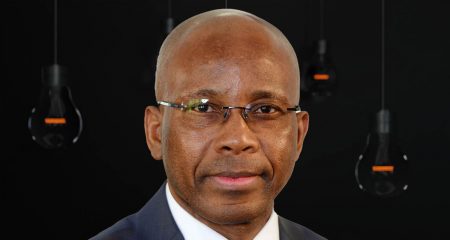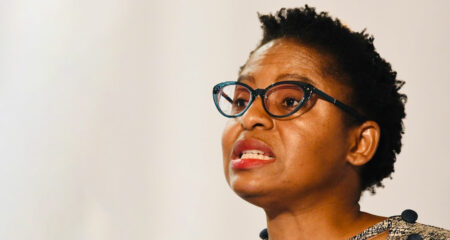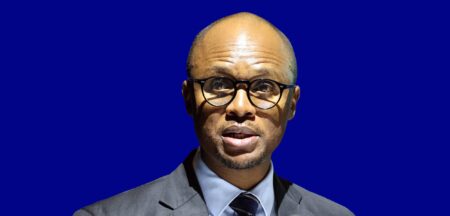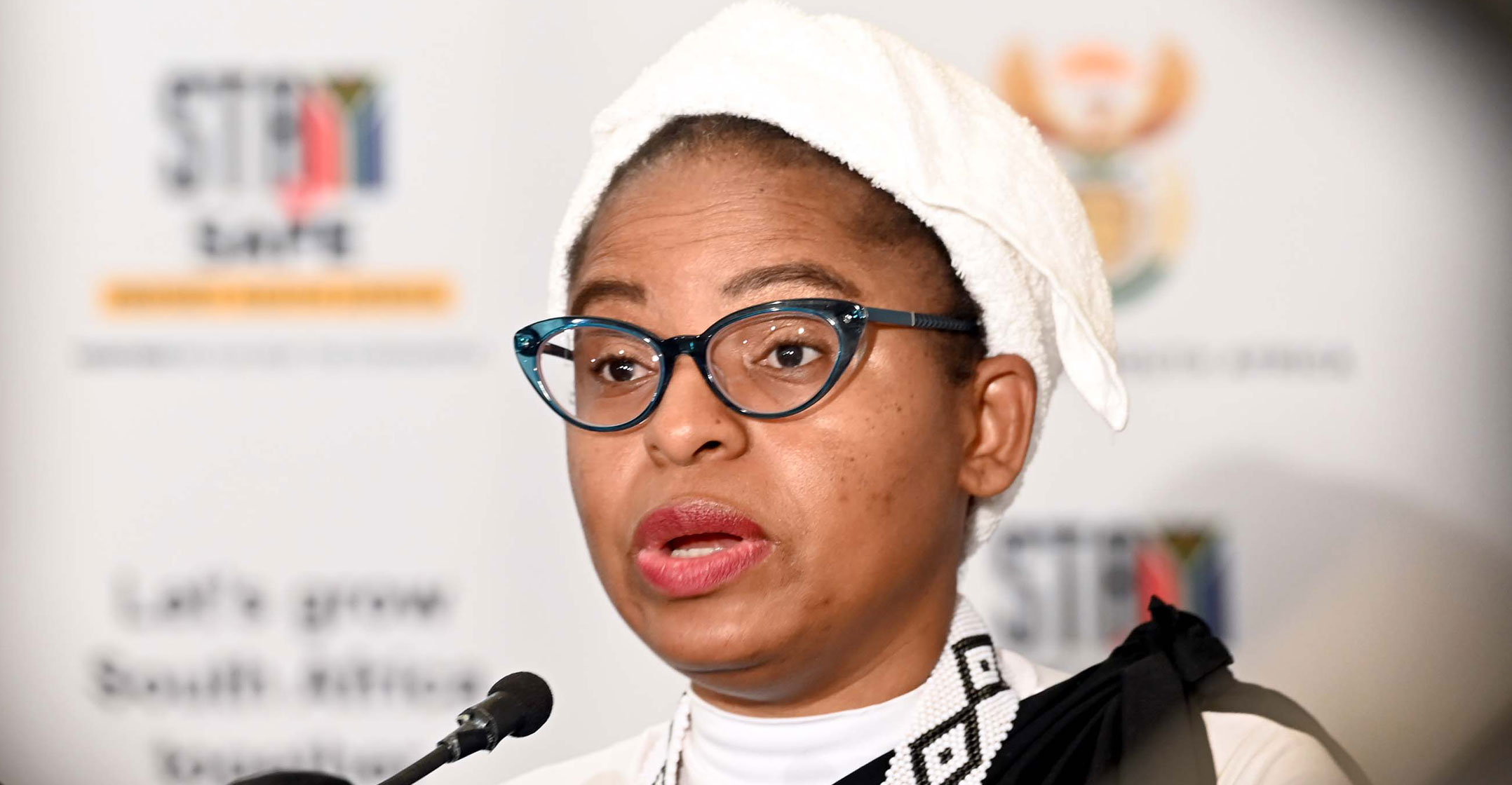
The SABC board has issued a grovelling public apology to communications minister Khumbudzo Ntshavheni over its media statement last month that criticised her plan to switch off analogue terrestrial television broadcasts by 31 March.
The statement, issued on 25 March, labelled government’s plan to switch off analogue broadcasts by that date as “premature” and an “unsustainable risk” to the rights of millions of indigent South African households. (The high court, handing down judgment in a case brought by e.tv, has since forced the minister to delay the switch-off until the end of June.)
In its statement, the SABC criticised the 31 March switch-off plan, saying that although it had already switched off analogue broadcasts in five provinces, the remaining four – Gauteng, KwaZulu-Natal, the Western Cape and the Eastern Cape – were home to 68% of South Africa’s population. It said that, as of February 2022, only 165 000 government-subsidised free set-top boxes had been delivered in the four provinces, out of a total of 2.9 million qualifying indigent households, representing just 5.7% of the total.
“The number is simply too low for the SABC’s analogue TV services to be switched off in the four largest provinces, at this stage,” it said.
The statement prompted an extraordinary rebuke from Ntshavheni, who threatened to withdraw government financial assistance to the public broadcaster. In a letter to SABC board chairman Bongumusa Makhathini, the minister also threatened to withdraw her support of the broadcaster’s 2020/2021 annual financial and performance reports, among other punitive measures.
The SABC has now, however, issued a public apology to the minister, saying its 25 March statement on analogue switch-off “may not have exhausted the agreed procedures (the shareholder’s compact between the SABC and the government of the Republic of South Africa) regarding engagements with the minister”.
“The SABC apologises to the minister for this oversight. The SABC will, in compliance with all applicable laws and regulations, continue to adopt an approach that balances the needs and expectations of the shareholder in a way that the SABC board independently believes best serves the interests of the SABC in meeting its public mandate,” it said.
‘Inappropriately used’
The broadcaster said that in the litigation against the minister over the analogue switch-off, e.tv (and fellow litigants Media Monitoring Africa and the SOS Coalition) “inappropriately used and continue to use” the SABC’s 25 March media statement “in pursuance of their litigation”.
“The board has informed e.tv and SOS/MMA that its media statement was not intended for the purposes of the ongoing court case; the appropriation of the media statement by them in their court application is inappropriate and no probative value should be placed on the media statement.”
However, the SABC board does not appear to have retracted its 25 March statement, which remains on its website. City Press newspaper reported on Sunday that the minister had demanded that the SABC board withdraw the statement.
TechCentral has asked Ntshavheni’s office whether the minister, in light of the broadcaster’s apology, will withdraw the punitive measures she threatened to take against the SABC and will update this article once a reply is received.
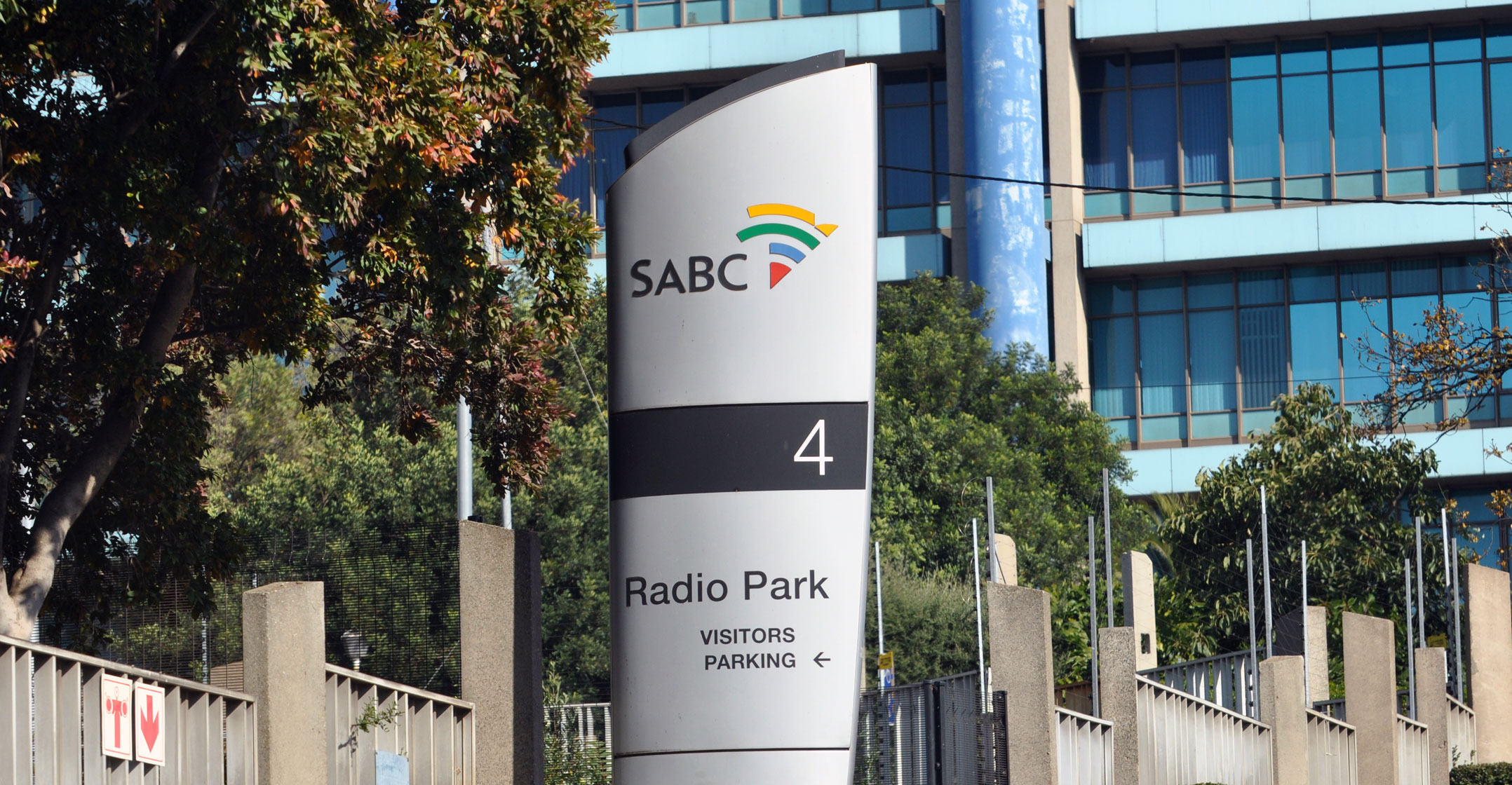 For its part, the SABC board said it “welcomes the minister’s assurance that she will continue to engage with the SABC on all issues relating to the analogue switch-off” and will “continue working closely with the minister and the department on the planning and implementation of analogue switch-off, focusing on the opportunities digital offers the SABC while mitigating any risks” associated with it.
For its part, the SABC board said it “welcomes the minister’s assurance that she will continue to engage with the SABC on all issues relating to the analogue switch-off” and will “continue working closely with the minister and the department on the planning and implementation of analogue switch-off, focusing on the opportunities digital offers the SABC while mitigating any risks” associated with it.
Reacting to the SABC board’s apology, MMA director William Bird described it as “disgraceful and a clear effort at political pressure by the minister”.
“It’s a really disappointing response from a board that has been fiercely independent. It’s embarrassing for them and for the minister. But it has no impact on our case and, if anything, has doubled our resolve to ensure poor people don’t get left behind,” Bird said in reference to the slow roll-out of free set-top boxes. – © 2022 NewsCentral Media


